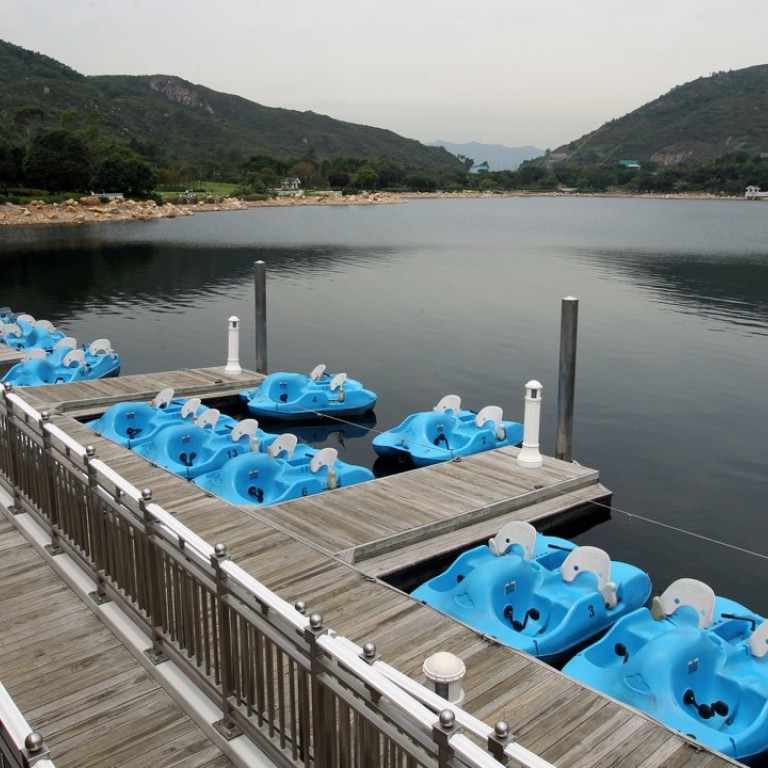On a recent visit through Hong Kong, I noticed fleets of dredgers at work on the Hong Kong International Airport’s
third runway: an impressive sight.
In 2003, hundreds of tonnes of boulders were moved from the Tung Chung River on Lantau to a staging site near the Disney park at Penny’s Bay to decorate a large ornamental lake. The Tung Chung Rural Committee chairman and an accomplice were
subsequently found guilty in the District Court of “conspiracy to defraud”, among other charges, as the court found they had
falsely claimed there had been a flooding problem in the Tung Chung River as the pretext for illegal excavation work.
Their ultimate aim was to
sell the boulders to the Disney Corporation for use in the Disneyland Hong Kong project. Therefore, the need for strict
environmental safeguards and checks for large-scale projects cannot be overemphasised.
On July 1, The Guardian reported that “the insatiable demand of the global building boom has unleashed an illegal market in sand. Gangs are now stealing pristine beaches to order and paradise islands are being dredged and sold to the construction industry.”
In many regions of the world, sand is a “common-pool resource”, that is, a resource open to all. Regulating and limiting access to such resources can only come at a high cost: it is quite easy, for example, to pillage a river of its sand at night using a dredger.
To employ academic jargon, common-pool resources are prone to “tragedies of the commons”, as resources may be selfishly extracted by multiple parties, without consideration of the long-term environmental impacts. These environmental impacts can include physical alteration of rivers and coastal ecosystems via increased erosion, and “muddying” of coastal ecosystems from an increase in suspended sediments (the marine equivalent of Hong Kong’s
filthy air).
Watch: Hong Kong’s third runway project causes controversy
Sand mining as a market sector is lightly regulated internationally, and this light regulation encourages illegal extraction and trade.
As the
budget appears to be generous for Hong Kong International Airport’s lavish third runway project, then surely a fraction of the money allocated to this ambitious project can be devoted to reassuring the public, both within Hong Kong and internationally, that the sand used in its construction will be sourced ethically, without environmental damage to neighbouring regions?
As the government body in charge of a publicly funded international airport that aspires to “environmental leadership” in both its operations and further development, the Airport Authority is invited to respond to this question.
John Knotsford, San Diego
This article appeared in the South China Morning Post print edition as: Airport Authority should say whether lavish new runway is using ethically sourced sand


